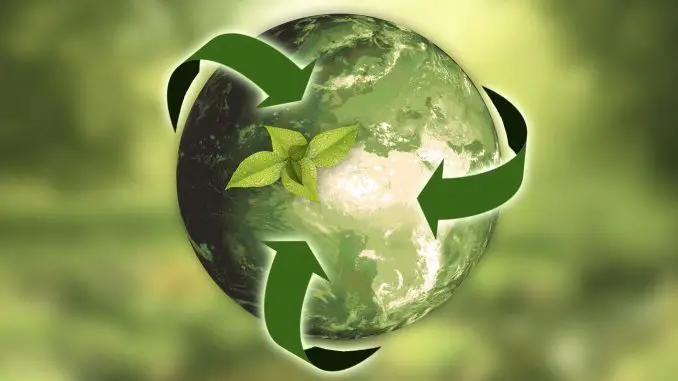
1. Eat nutritious and organic
With nutritious food, there is no need for long transport from farms to the grocery store which is a benefit to the environment. Organic food is grown without environmentally harmful artificial fertilizers and pesticides and is of course much better for the soil and for those who work with agriculture. In addition, there are requirements for the animals to have a good time in order to get an organic marking and certification.
2. Eat vegetarian.
Vegetarian is better because it does not require the same area as for grain cultivation or vegetable cultivation for the same amount of food, and that the animals emit methane gases which contribute to the greenhouse effect. In addition, it is, of course, better for the animals not to be slaughtered prematurely or to grow up and live under industrial, often inhumane, conditions.
3. Do not throw trash in the wild, and pick up what is there
Plastic, glass, and metal are examples of materials that do not degrade in a long, long time. Besides the fact that both humans and animals can be damaged by debris, and that it looks very boring, it has a negative effect on the ability of plants to grow, and many chemicals found in debris are harmful to plants and animals. Especially important not to waste is at sea. There are many animals that are damaged by the debris that is thrown away and by the chemicals that are released during the degradation that occurs. But not least, microplastics that remain when, for example, plastic bags are broken down into smaller parts are harmful to the animals that live in the sea.
4. Turn off products that you do not use
There are so many lights, routers, televisions that are on or on standby even though they are not in use. If it is difficult to remember, there are dimmers, timers, and sensors that can help to switch off.
5. Source sorting
It is possible to recycle a variety of things, everything between heaven and earth, but it is not necessary to mix it up in order to be able to recycle efficiently and in a way that does not cause pollution in, for example, combustion. The solution: source sorting.
Leave a Reply